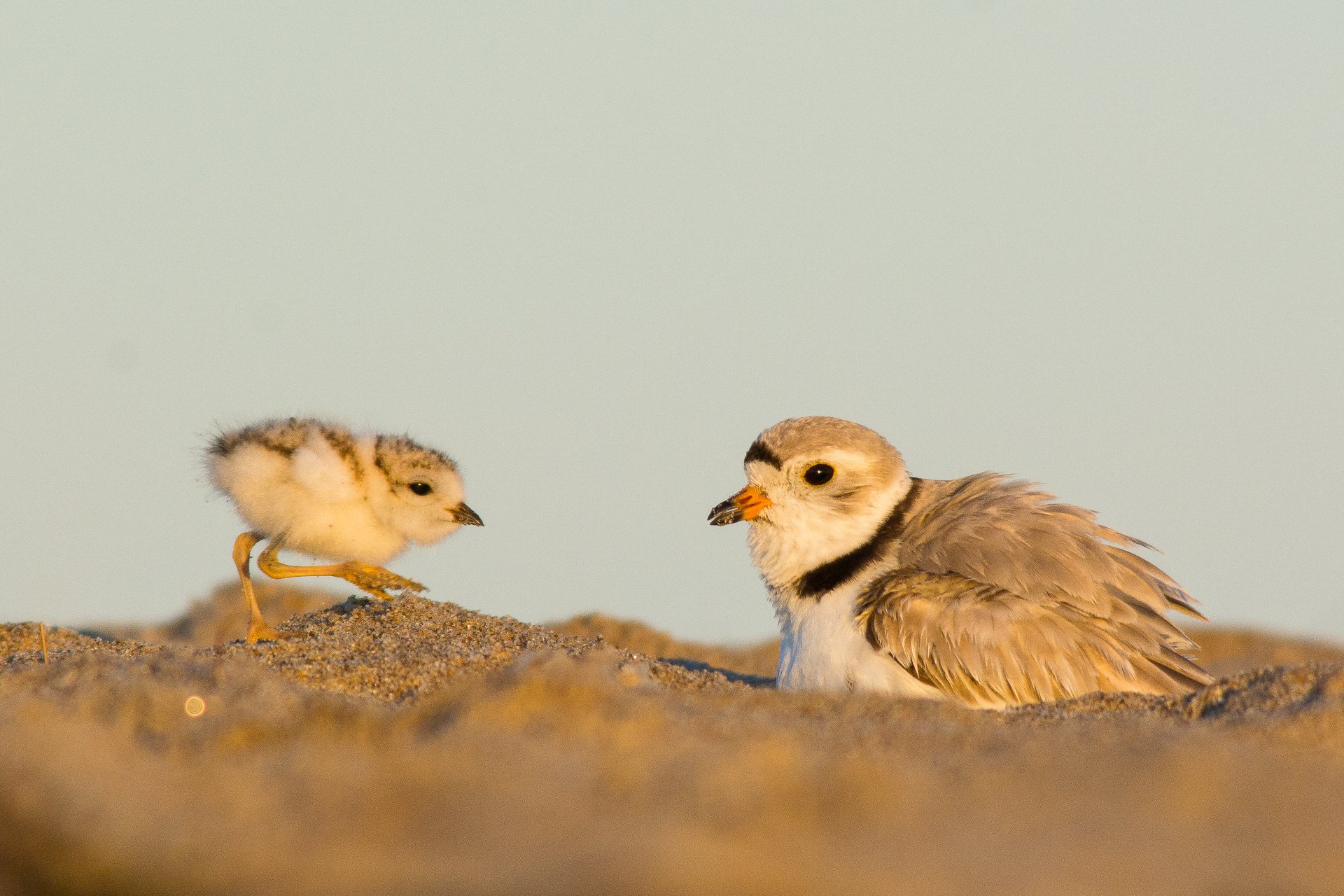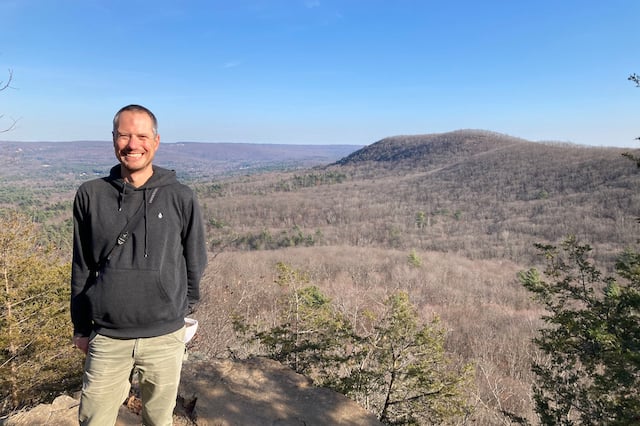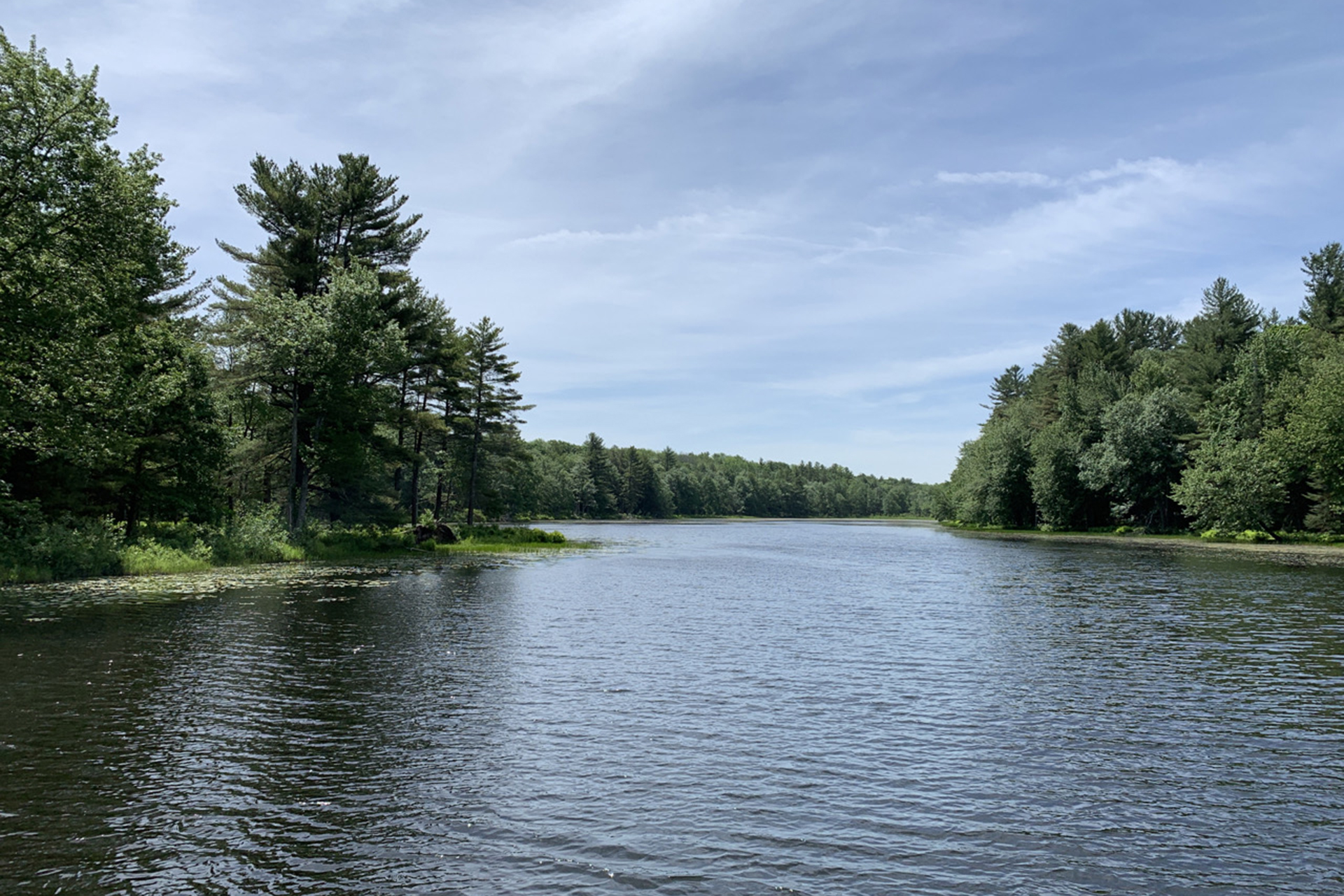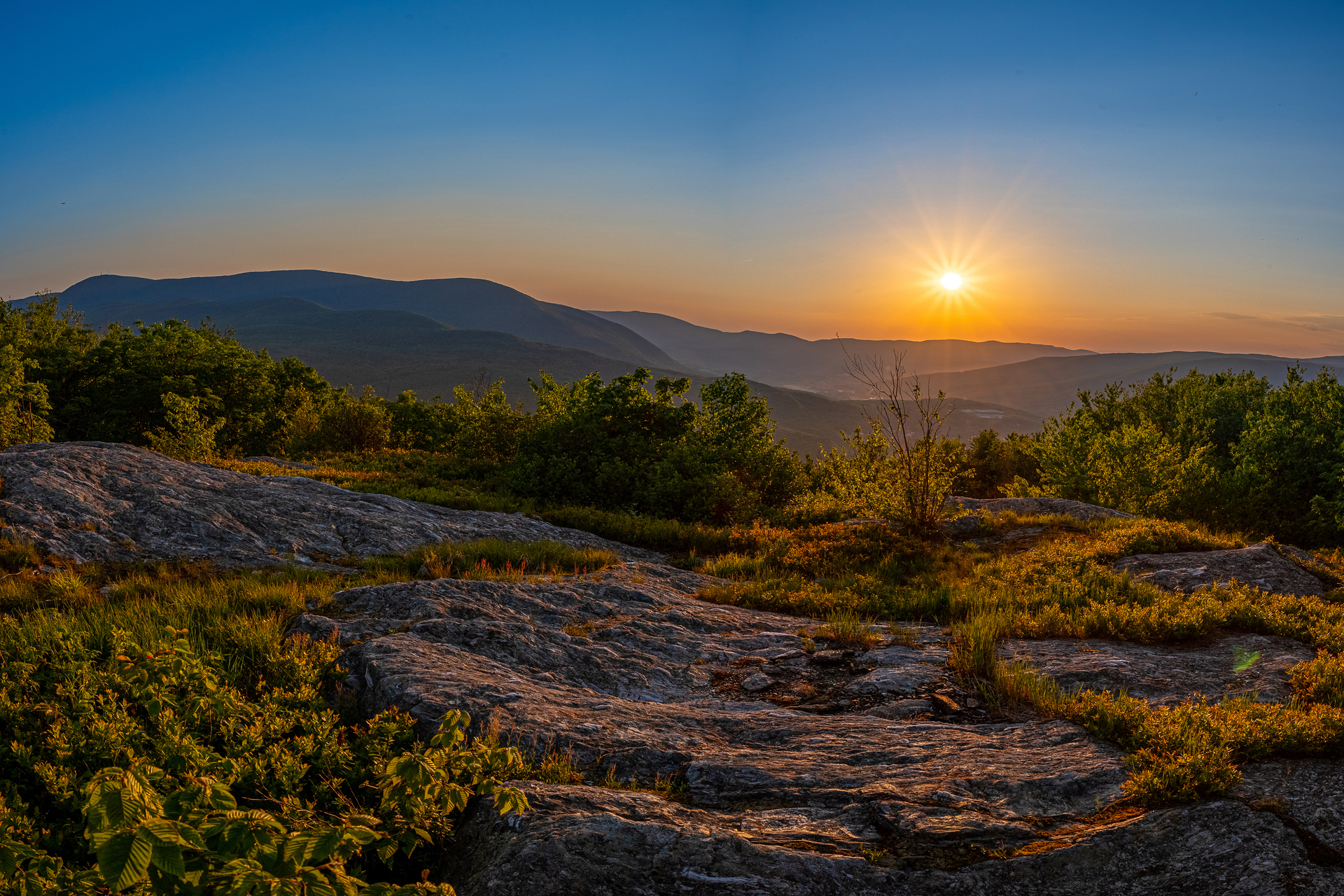Piping Plovers Enjoy Another Record Nesting Year in 2024
Press Release
December 20, 2024
Piping Plovers are continuing their comeback story.
For the second consecutive year, Massachusetts beaches saw more nesting Piping Plovers than at any time in the last four decades, according to Mass Audubon and preliminary data from MassWildlife’s Natural Heritage & Endangered Species Program (NHESP). There were 1,196 nesting pairs counted—a 1.5 percent increase over last year and a whopping 500 percent increase since the program began four decades ago.
Mass Audubon has led the Coastal Waterbird Program (CWP)—a collaborative effort with federal, state, and local agencies that monitors, protects, and engages in conservation research regarding vulnerable beach-nesting birds—since 1986, when there were fewer than 200 breeding pairs of Piping Plovers in the state. While Piping Plovers remain a threatened species on both the Federal and Massachusetts endangered species lists, data over the last several years shows that these iconic birds are making progress toward recovery in Massachusetts.
Mass Audubon’s CWP protected 379 Piping Plover pairs this year, which represents nearly one-third of the state’s population and 17 percent of the total Atlantic Coast population. Plovers at CWP-protected sites produced 1.24 fledglings per pair in 2024, essentially unchanged from the 1.25 chicks in 2023, reaching what is considered a sustainable reproductive rate two years in a row.
“Piping Plovers were on the brink of extinction in Massachusetts and now, through collaborative partnerships and strategic conservation strategies, this is a species recovering at an encouraging rate,” said Lyra Brennan, Director of Mass Audubon’s Coastal Waterbird Program. “Long-term investments in coastal communities and implementing a combination of wildlife management, science-based conservation, policy development, and education is paying off.”
Plovers fledged chicks at Dyer Prince Beach in Eastham for the first time ever this year, while Scusset Beach in Sagamore saw its first successful Plover pairing in more than a decade. Other hotspots included: a 56 percent increase in Plover pairs at Long Beach in Barnstable; an 83 percent productivity increase in chicks fledged at Lobsterville Beach in Aquinnah; and a doubling of Plover pairs on Tern Island in Chatham.
In addition to the outstanding growth in Piping Plover populations, other vulnerable coastal seabirds under Mass Audubon's protection also saw success this season.
Least Terns saw a 37 percent increase in population in 2024 (4,901 pairs) after their numbers dipped last year. Reproductive success held steady at the 42 sites protected by Mass Audubon, where rates ranged from no fledglings to 1.35 per pair, making Mass Audubon-protected nesting sites the most successful Least Terns sites in the state. As in 2023, predators were the most important factor determining tern nesting success in 2024. There were, however, significant predation and overwash events that impacted several key sites including South Beach in Chatham, which produced no Least Tern fledges in 2024, despite a colony size of over 100 pairs.
American Oystercatchers also saw another consecutive record year as 250 nesting pairs were detected, representing a 5 percent year-over-year increase. Mass Audubon monitors 30 percent of the state population and despite the fledgling rate dropping from 1.23 chicks per pair to .99 in 2024, this is still well above the .35 fledged chicks per pair rate estimated to maintain a stable oystercatcher population. Oystercatchers had the best productivity of any state reporting these metrics, Brennan said.
For more information on Mass Audubon’s Coastal Waterbird Program and its conservation efforts, visit https://www.massaudubon.org/our-work/birds-wildlife/coastal-waterbirds.
About Mass Audubon
Mass Audubon is the largest nature-based conservation organization in New England. Founded in 1896 by two women who fought for the protection of birds, Mass Audubon carries on their legacy by focusing on the greatest challenges facing the environment today: the loss of biodiversity, inequitable access to nature, and climate change. With the help of our 160,000 members and supporters, we protect wildlife, conserve and restore resilient land, advocate for impactful environmental policies, offer nationally recognized education programs for adults and children, and provide endless opportunities to experience the outdoors at our wildlife sanctuaries. Explore, find inspiration, and take action at massaudubon.org.






